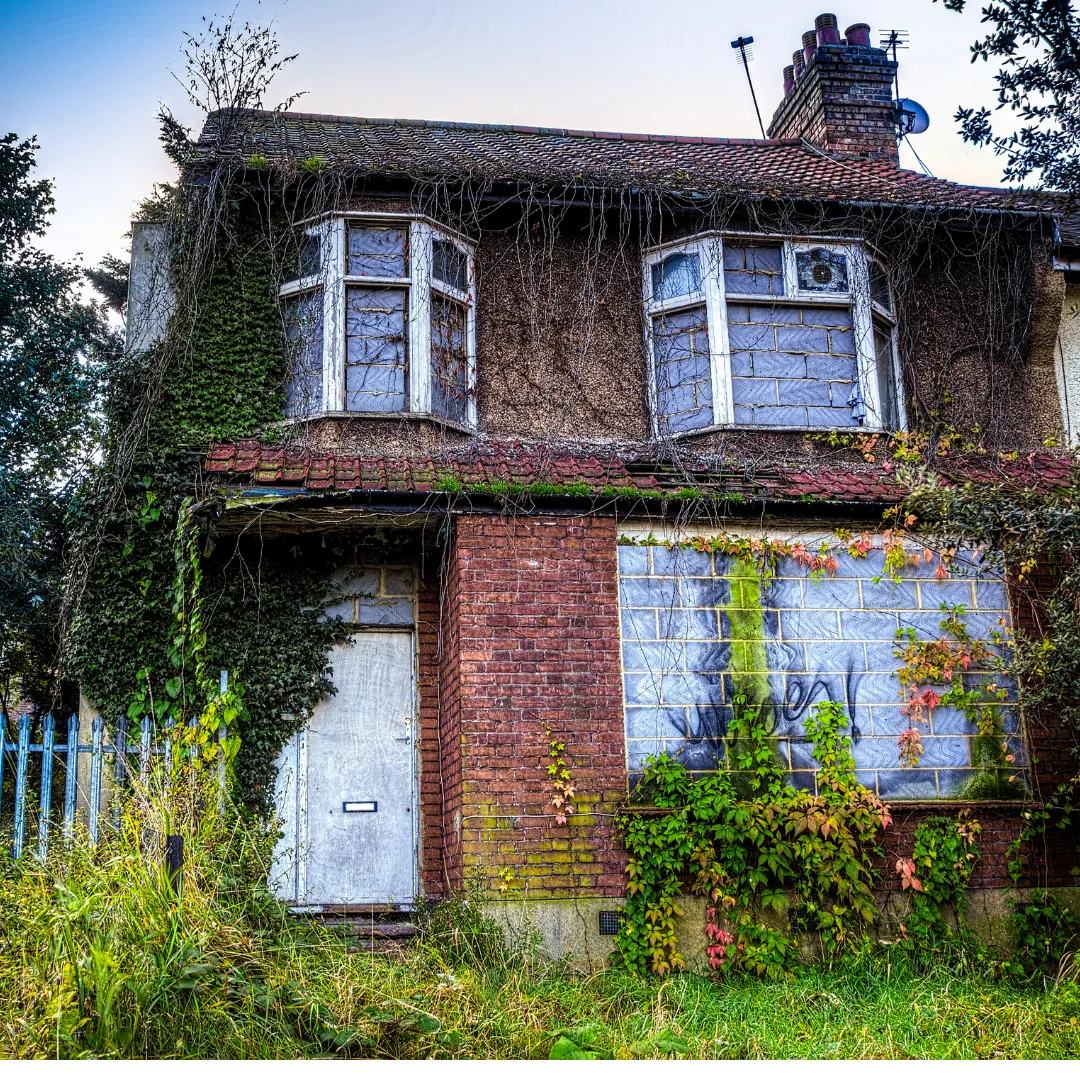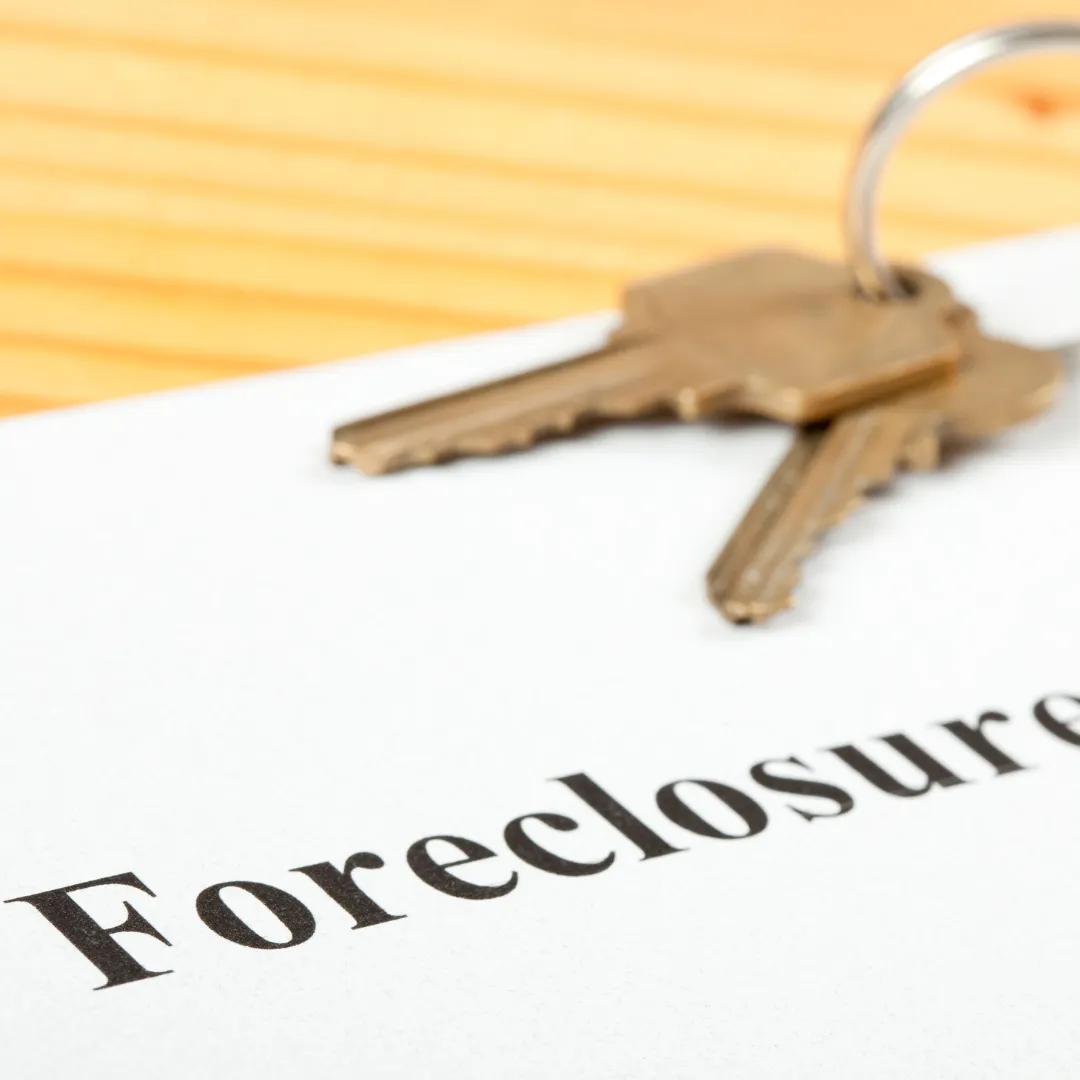How to rent out an inherited property
Alright so you’re excited about being a new landlord.
You just inherited property… or you’re about while your property is in Probate (see our homeowners guide on probate in Nebraska here)...
We’re going to dive into tips, benefits and warnings of being a new landlord in Nebraska…
Why Rent a property?
If the property in question is still in Probate and you have the cash to pay for the process (if you don’t you might have to consider selling to pay for it), then renting is a very viable option if you’re up to it.
Mainly for three reasons:
1. A second stream of income
2. Possible appreciation and wealth
3. Pass down an asset
Let’s dive into each one of these and see if it’s worth it for you
Is there any Cash Flow from renting out?
A common mistake people make is thinking:
Cash flow = Rent income - Mortgage
This is far from the truth.
The real formula for cash flow is:
Cash Flow = Rent Income - Mortgage - Maintenance - Capital expenditure - Property management
That’s the true formula for cash flow.
And MANY new landlords make this mistake of buying property and then end up being completely BROKE after something like a water heater breaks.
Then the property starts to deteriorate.
The costs start piling up.
Tenants move out because nothing is being fixed.
This is 90% of most landlord situations.
All because they were mistaken in believing that they actually have cash flow…
When they don’t.
So rule #1:
Make sure there is ENOUGH cash flow.
Rule #2…
Properly Budget for maintenance and expenditures.
What type of property maintenance and expenditures?
There are yearly property maintenance you have to do (we’ll list them below), and there are big ticket items you must save for.
Here’s a list of yearly property maintenance that cost you $$ out of pocket:
1. Lighting: You’ll get lots of calls from tenants who can’t replace a light bulb (face in palm)…
2. Gutter Cleaning: Ensure gutters and downspouts are clear of debris to prevent water damage and foundation problems.
3. Roof Inspection: Check for loose or missing shingles, leaks, or any other damage that may lead to bigger problems down the line.
4. Landscaping: Regular mowing, pruning of shrubs, tree trimming, and refreshing mulch. Additionally, consider seasonal tasks like leaf removal in the fall.
5. Pest Control: Schedule periodic inspections for termites, rodents, and other pests. Even if no problems are visible, preventative treatments can be worthwhile.
6. HVAC Maintenance: Change air filters regularly and have the system serviced at least once a year to ensure efficiency and longevity.
7. Plumbing: Often you get plumbing issues like leaky faucets that have to be corrected. Look for any slow drains, leaky faucets, or toilets that run constantly. Addressing these early can prevent more expensive repairs later.
8.. Safety Checks:* Regularly test smoke detectors and carbon monoxide detectors, replacing batteries as needed. Ensure fire extinguishers are in working condition
9. Appliance Maintenance: Often, washers, dryers, water heaters, etc break down. Clean and service appliances like the refrigerator, dishwasher, oven, and washing machines to extend their lifespan.
Budgeting for these tasks ensures you can address issues before they escalate into more significant problems, saving money in the long run. Plus, a well-maintained property is more attractive to current and potential tenants.
List of capital expenditures:
Capital expenditures (CapEx) are the large, infrequent expenses that landlords should plan for as they relate to the overall improvement or maintenance of the property. These are not your typical monthly or annual operational costs but are essential for keeping the property in its best condition over the long term.
These things below are unavoidable.
They WILL happen sooner or later and they are PRICEY (A roof is at least $10,000).
Here's a list of capital expenditures landlords should budget for:
1. Roof Replacement: Roofs don't last forever. Depending on the material used, you might need to replace it every 20-30 years, sometimes sooner if there's significant damage.
2. Window Replacement: Older windows might need replacing to improve energy efficiency and aesthetics.
3. Exterior Siding or Painting: Whether it's replacing siding or repainting the exterior, it's an investment that can both protect and rejuvenate the appearance of a property.
4. HVAC Systems: Furnaces, air conditioning units, and other HVAC components have a finite lifespan, typically around 10-15 years.
5. Water Heater Replacement: Most water heaters last between 8-12 years, so you'll need to replace them occasionally.
6. Plumbing and Electrical Systems: Overhauls or major updates might be needed, especially in older properties that don't meet current codes or standards.
7. Flooring Replacement: Whether it's the wear and tear on carpets or damage to hardwood/tile, at some point, you might need a full flooring update.
8. Kitchen Renovations: This could include new countertops, cabinets, sinks, or a complete redesign to modernize the space.
9. Bathroom Renovations: Updating fixtures, tiles, showers, and tubs can enhance property value and appeal.
10. Appliance Replacement: Refrigerators, stoves, dishwashers, and other major appliances will eventually need to be replaced.
11. Foundation Repairs: Issues like settling or cracking can sometimes require significant repairs to ensure the structural integrity of the property.
13. Fencing: If the property has fencing, it might need repairs or total replacement after many years of weathering.
16. Septic System or Sewer Line Replacement: If the property isn't connected to a public sewer, septic systems might need major repairs or replacements. Similarly, sewer lines can become damaged or clogged.
When planning for capital expenditures, it's crucial for landlords to set aside funds regularly. This proactive approach ensures that they're financially prepared for these inevitable expenses, helping maintain the property's value and the comfort of its tenants.
Getting good Property Management.
Vacancies will happen (another “budget” you should set aside for -- imagine 2-3 months of having to pay for mortgage out of pocket).
A good property manager (PM) and take the headache off your plate.
The average cost of a PM:
5-10% of rental income
Want a cash offer instead?
We’ll give you a hassle free offer (even with tenants in the house) this week!
Give us a call/text: 402-413-0424
500+
Homes Purchased
200+
5 Star Reviews
10+ Years
Industry Experience
Why Work with Launch {Launch Homebuyers }}?
Trying to reason, I ought to sell my house quick Lincoln, but to whom can I rely? That's where we come in.
We are not any other company that claims that We buy houses Lincoln NE. We are local professionals who are familiar with Lincoln, unlike national chains, Country Club to Belmont and farther. Each seller receives a variety of options and not a blanket offer.
Our solutions are 3 different products to all homeowners:
Cash Offer - Rapid and as-is sales with no fixes or demonstrations.
Concierge Service - Retail the most out of your home without bothering with realtors.
Creative Financing - Customised to your special requirements.
Either way, when you are contemplating, "How I can sell house quickly Lincoln Nebraska?” or What can be the easiest way to go on? The solution is easy: launch homebuyers.
Our Experts Are Here To Help!

Any Condition
VACANT HOME
MOLD
HOARDER HOME
TERMITE DAMAGE
DISTRESSED PROPERTY
FIRE DAMAGE
FOUNDATION DAMAGE
FLOOD DAMAGE

Any Situation
RELOCATING
PROBATE
TAX LIEN
INHERITED HOME
UPGRADING
DOWNSIZING
TITLE ISSUES
DIVORCE

Any Struggle
JOB LOSS
EXPIRED LISTING
BANKRUPTCY
BEHIND ON PAYMENTS
FORECLOSURE
PROBLEMS WITH TENANTS
JOB TRANSFER
CODE VIOLATION
Traditional Home Sale
Pay 6% agent commission.
Closing takes months with erratic offers.
Closing cost fees up to 8%-10%.
Renovations and home repairs needed.
Finance, appraisals, or home sale contingencies

Selling With Launch Homebuyers
No contingencies.
Pay no fees or commissions to sell your home.
Closing takes place 30-45 days.
Sell your home in “as-is” condition.
We pay 100% of the closing costs.

We are a real estate solutions and investment firm that specializes in helping homeowners get rid of burdensome houses fast. We are investors and problem solvers who can buy your house fast with a fair all cash offer.
